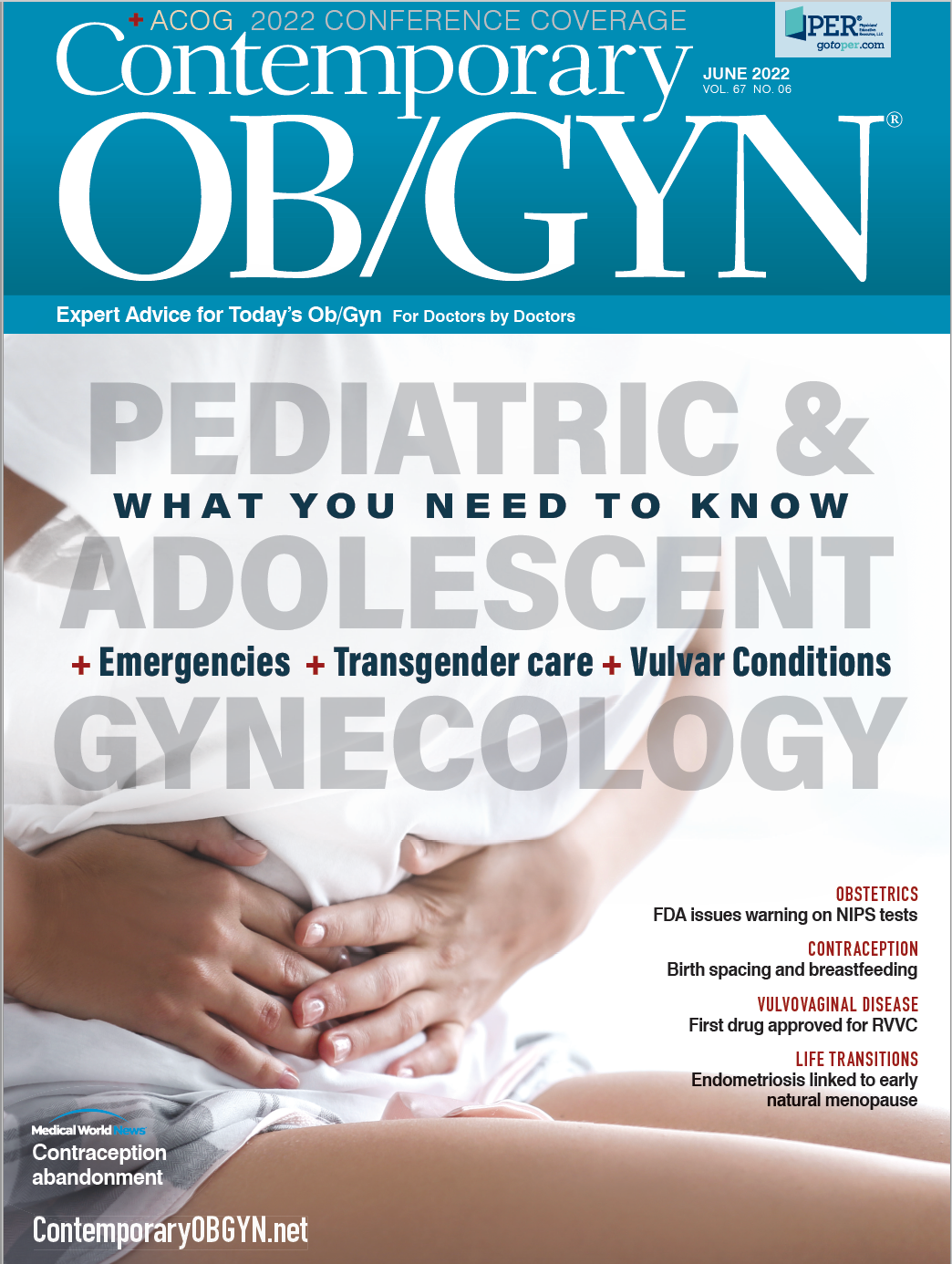FDA warns that NIPS tests may provide false results
The FDA recently issued a statement warning the public of the risks and potential false results obtained with noninvasive prenatal screening tests, noting that inappropriate usage and interpretation has resulted in improper medical decisions.
Although many of the laboratories producing noninvasive prenatal screening (NIPS) tests label them as “reliable” and highly accurate,” there are limitations that can impact screening outcomes. Depending on the rarity of some conditions, results may be misconstrued as false positives and therefore should not be used alone in diagnosis. According to the statement from the US Food and Drug Administration (FDA), “NIPS tests are screening tests – not diagnostic tests. They only provide information about the risk that a fetus may have a genetic abnormality, and additional testing may be needed to confirm whether or not a fetus is affected.”1
Since they are listed as laboratory developed tests (LDTs), all NIPS tests currently on the market do not require FDA review. While LDTs are medical devices under the Federal Food, Drug, and Cosmetic Act, regulatory requirements are generally not enforced due to the Medical Device Amendments that were enacted in 1976. However, the agency has begun its collaboration with Congress on legislation to establish a modern regulatory framework for all tests, including LDTs.
The FDA has received reports that patients and providers have made critical health care decisions based on the results from these screening tests alone—pregnant people have terminated pregnancies based on the results, without understanding the limitations and that the fetus may not have the genetic abnormality identified.
The FDA recommends that providers review the benefits and risks of NIPS tests with their patients and ensure that they receive appropriate follow-up testing and care as needed. They also advise providers to confirm NIPS test results with other methods to provide an accurate diagnosis.2
References
- Office. FDA Warns of Risks Associated with Non-Invasive Prenatal Screening Tests. U.S. Food and Drug Administration. Published 2022. Accessed April 26, 2022. https://www.fda.gov/news-events/press-announcements/fda-warns-risks-associated-non-invasive-prenatal-screening-tests
- Center. Non-Invasive Prenatal Screening Tests May Have False Results. U.S. Food and Drug Administration. Published 2022. Accessed April 26, 2022. https://www.fda.gov/medical-devices/safety-communications/genetic-non-invasive-prenatal-screening-tests-may-have-false-results-fda-safety-communication

Newsletter
Get the latest clinical updates, case studies, and expert commentary in obstetric and gynecologic care. Sign up now to stay informed.
S4E1: New RNA platform can predict pregnancy complications
February 11th 2022In this episode of Pap Talk, Contemporary OB/GYN® sat down with Maneesh Jain, CEO of Mirvie, and Michal Elovitz, MD, chief medical advisor at Mirvie, a new RNA platform that is able to predict pregnancy complications by revealing the biology of each pregnancy. They discussed recently published data regarding the platform's ability to predict preeclampsia and preterm birth.
Listen
